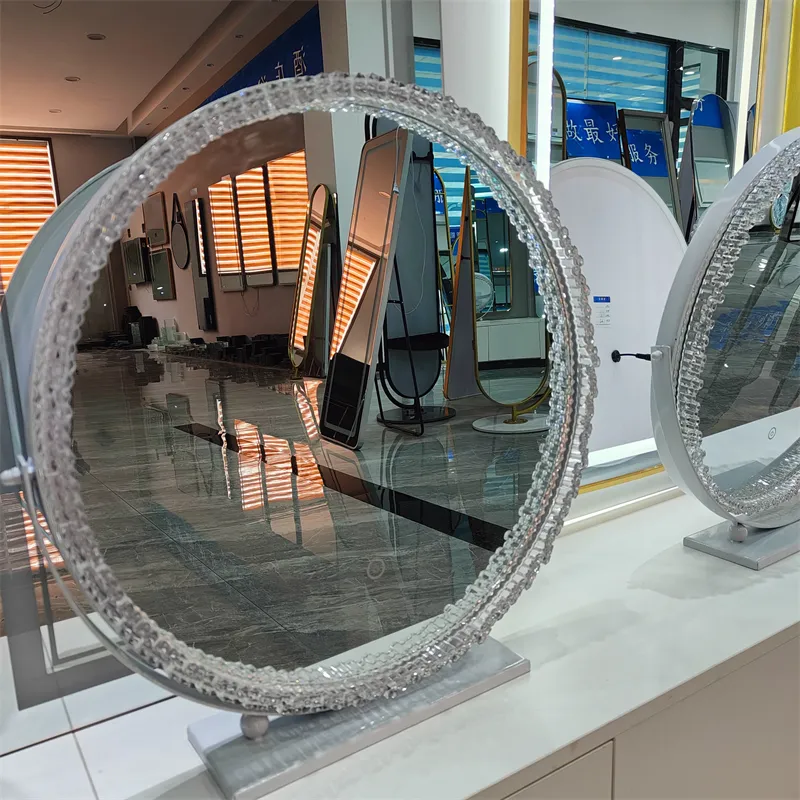Nov . 17, 2024 02:14 Back to list
float glass supplier
Understanding Float Glass and Its Suppliers
Float glass is a crucial material in the construction and manufacturing industries. Renowned for its quality and versatility, float glass is a type of flat glass that is produced by floating molten glass on top of molten tin. This innovative process results in glass with a smooth, flat surface, making it ideal for various applications, including windows, facades, mirrors, and glass doors.
The Float Glass Production Process
The production of float glass begins with the melting of raw materials, which primarily consist of silica sand, soda lime, and other additives. This mixture is heated to around 1,700 degrees Celsius until it becomes a molten liquid. Once molten, the glass is carefully poured onto a bath of molten tin. The glass floats on the tin, allowing it to spread out evenly and form the desired thickness. As the glass cools, it solidifies into a flat sheet, which can then be cut and processed into various sizes.
One of the key attributes of float glass is its optical clarity and brightness, which makes it suitable for applications where visibility and aesthetic appeal are paramount. The uniform thickness and smooth surface make it an excellent option for applications ranging from architectural features to automotive manufacturing.
Choosing the Right Float Glass Supplier
When you are in need of float glass, selecting a reliable supplier is essential
. A good supplier can significantly impact the quality of the glass products you receive, their availability, and their cost-effectiveness. Here are crucial factors to consider when choosing a float glass supplier1. Quality Standards Ensure that the supplier adheres to international quality standards. Look for certifications such as ISO 9001, which indicates that the supplier maintains a high standard of quality in their manufacturing processes.
2. Product Range A well-established float glass supplier should offer a diverse range of products, including tempered, laminated, and coated float glass. This variety allows you to choose the right type of glass for your specific needs, whether for residential, commercial, or industrial applications.
float glass supplier

3. Customization Options The ability to customize glass products is another essential factor. Some projects may require specific dimensions, thicknesses, or surface treatments. Look for a supplier willing to work with you to meet these unique requirements.
4. Delivery and Logistics Timely delivery is crucial in construction and manufacturing. A reliable supplier should have a proven track record of meeting deadlines and providing efficient logistics solutions. This includes safe transportation and the ability to handle large orders without delays.
5. Customer Support Strong customer support is vital throughout the buying process. Whether it’s pre-sales advice, technical support, or after-sales service, a good supplier should be approachable, knowledgeable, and ready to assist you with any inquiries.
6. Reputation and Reviews Research the supplier’s reputation in the industry. Reading reviews and testimonials from other customers can provide valuable insights into the supplier’s reliability and product quality.
The Future of Float Glass
The demand for float glass continues to grow due to the increasing emphasis on energy efficiency and sustainability in construction and design. Advances in technology are leading to the development of more energy-efficient glass products, such as low-emissivity glass, which reflects infrared energy while allowing visible light to pass through. This innovation not only helps reduce energy costs but also contributes to creating environmentally friendly buildings.
As the industry evolves, float glass suppliers who are adaptable and innovative will likely lead the market. It's essential for consumers to stay informed about the latest trends and developments in float glass technology to make educated purchasing decisions.
Conclusion
Float glass serves as a cornerstone material in various industries, and finding the right supplier is key to leveraging its benefits fully. By considering factors such as quality, product range, customization, and customer service, you can ensure that your float glass needs are met efficiently and effectively. Embracing innovation and staying informed about advancements in the field will further enhance the value that float glass brings to your projects.
-
Safety and Style with Premium Laminated Glass Solutions
NewsJun.24,2025
-
Reinvents Security with Premium Wired Glass
NewsJun.24,2025
-
Premium Float Glass Line for Modern Architecture
NewsJun.24,2025
-
Low Emissivity Glass for Energy-Efficient Architecture
NewsJun.24,2025
-
High-Performance Insulated Glass Solutions for Modern Architecture
NewsJun.24,2025
-
Elevates Interior Style with Premium Silver Mirror
NewsJun.24,2025
Related PRODUCTS














